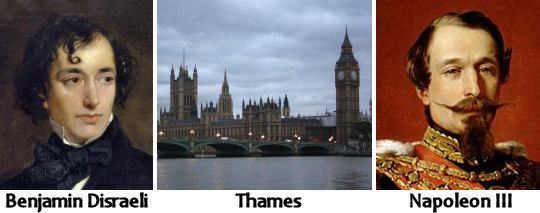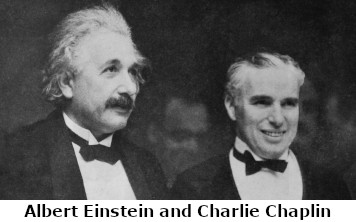Benjamin Disraeli? Prince Jérôme Napoléon? Napoleon III? French Academician? Mr. Snigger? Suffragette? Max O’Rell? Paul Blouët? Apocryphal?

Question for Quote Investigator: The statesman Benjamin Disraeli was famous for his witticisms and barbs. Reportedly he was once asked about the difference in meaning between the words “misfortune” and “calamity”, and he constructed a jest aimed at his political rival William Ewart Gladstone:
Well, if Gladstone fell into the Thames, that would be a misfortune; and if anybody pulled him out, that would be a calamity.
The reference works I examined gave citations in the twentieth century, but Disraeli died in 1881. Is this tale apocryphal?
Reply from Quote Investigator: There are many versions of this joke, and it has been circulating and evolving for more than 150 years. For example, the pair of contrasting words has included the following: accident versus malheur; accident versus misfortune; accident versus calamity; mischance versus misfortune; mishap versus misfortune; and misfortune versus calamity.
The hazardous event depicted has varied over time: falling into a pit, a pond, an unnamed river, the Seine, or the Thames. The identity of the endangered individual has also changed: Prince Jérôme Napoléon (also known as Plon-Plon), Napoleon III, the Emperor of the French, Mr. Bright, Sir Bilberry, Mr. Snippson, William Gladstone, or David Lloyd George.
This variability makes tracing the quip difficult. The earliest instance known to QI appeared in May 1861 in the English newspaper “The Leeds Mercury” which suggested that the anecdote originated in France. The target of disdain was Prince Jérôme Napoléon. The tale begins with a discussion between the Prince Imperial and the Emperor of France about synonyms and other closely related words. Boldface has been added to excerpts:1
. . . the juvenile Imperial blood asked his parent to explain to him the difference between the words “accident” and “misfortune,” which have certainly a little closer affinity in French than English, and seem to require a little elucidation. After a pause for an illustration, His Majesty said, “I will tell you, my boy, the exact difference. It would be an accident if your cousin, Prince Napoleon, were to tumble into the Seine—but it would be a misfortune if any one were to help him out again.“
Here are additional selected citations in chronological order.
Continue reading “Quote Origin: What Is the Difference Between a Misfortune and a Calamity?”